Spice Up Your Life: Exploring the Tradition and Health Benefits of Indian Spices
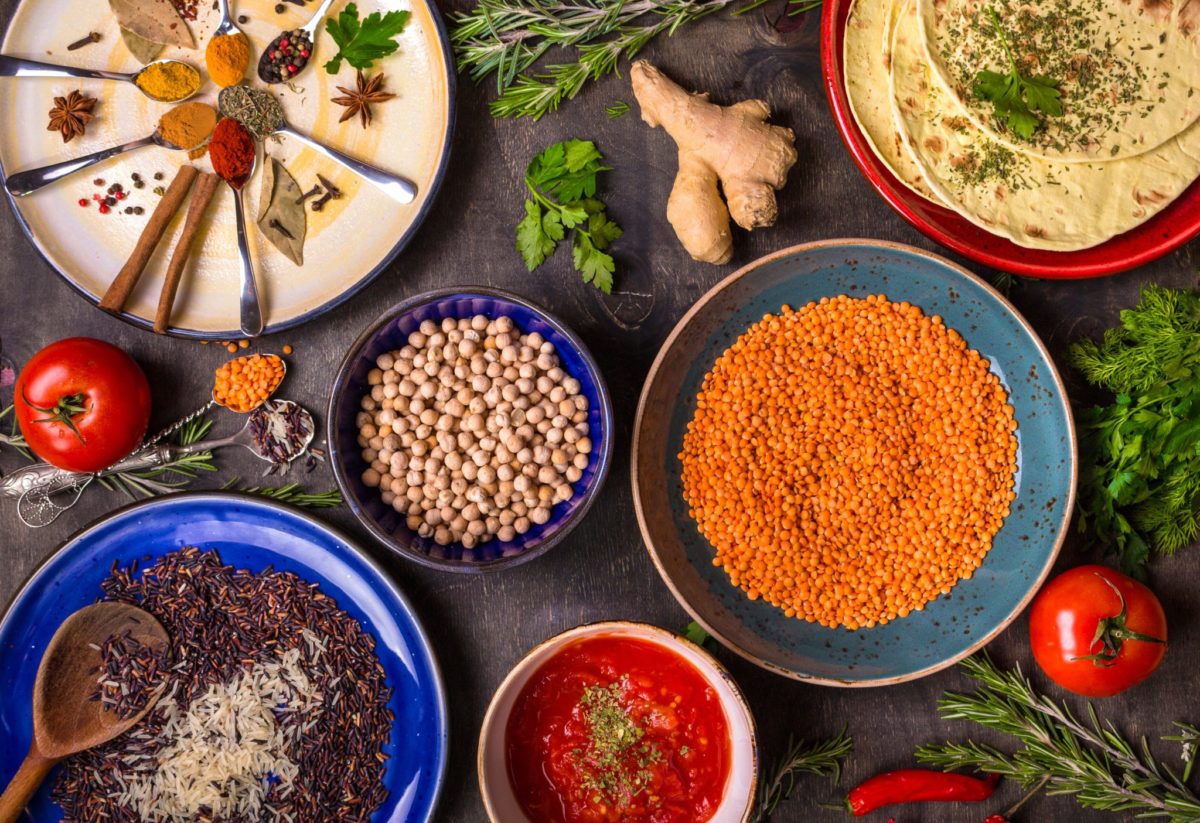
Indian cuisine is famous for its rich and complex flavors, which are created through the use of a variety of spices and herbs. From cumin and coriander to turmeric and ginger, these ingredients not only add depth and complexity to dishes but also offer a range of health benefits.
The use of spices in Indian cuisine is an ancient tradition that dates back thousands of years, with many of the spices used in Indian cooking also having medicinal properties according to the principles of Ayurveda, the ancient Indian system of medicine.
Here’s a closer look at some of the most commonly used spices in Indian cuisine and their unique flavors and health benefits.
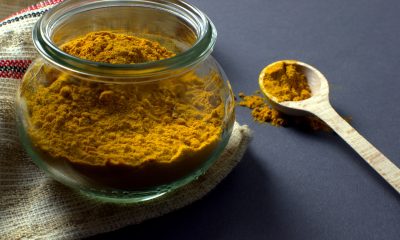
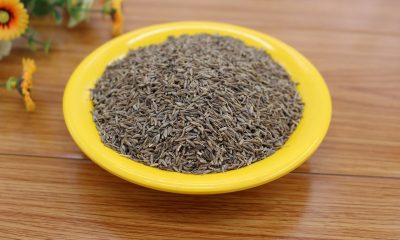


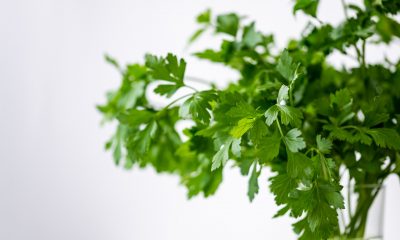


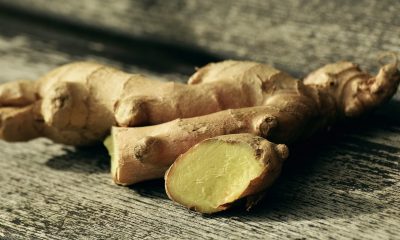


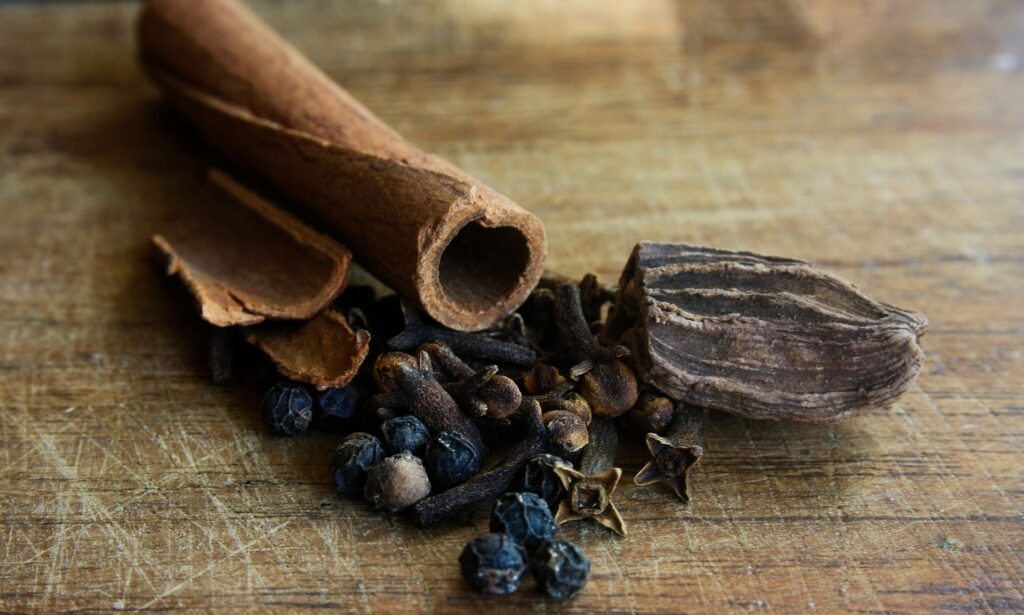
- Turmeric – This bright yellow spice is widely used in Indian cooking and is known for its anti-inflammatory properties. Turmeric contains curcumin, a powerful antioxidant that can help to reduce inflammation and lower the risk of chronic diseases such as heart disease and cancer.
- Cumin – Cumin is a warm and earthy spice that is often used in Indian curries and spice blends. It has been shown to improve digestion and may also have anti-inflammatory and anti-cancer properties.
- Coriander – Coriander has a citrusy and slightly sweet flavor and is commonly used in Indian chutneys, curries, and spice blends. It is rich in antioxidants and has been shown to improve digestion and reduce cholesterol levels.
- Ginger – Ginger has a spicy and slightly sweet flavor and is often used in Indian desserts and tea. It has been shown to reduce inflammation and improve digestion, and may also have anti-cancer properties.
- Cardamom – Cardamom has a warm and floral flavor and is often used in Indian sweets and chai tea. It has been shown to improve digestion, reduce inflammation, and may also have antimicrobial properties.
- Cinnamon – Cinnamon is a sweet and warming spice that is often used in Indian desserts and chai tea. It has been shown to improve blood sugar control and may also have anti-inflammatory and antimicrobial properties.
- Fennel – Fennel has a sweet and anise-like flavor and is often used in Indian spice blends and teas. It has been shown to improve digestion and may also have antimicrobial properties.
In addition to their unique flavors, these spices are also used in Ayurvedic medicine to promote health and wellness. According to Ayurveda, each spice has a unique combination of tastes, energies, and effects on the body, and can be used to balance the body’s three doshas – vata, pitta, and kapha.
For example, cumin and coriander are considered to have a cooling effect on the body and can be used to balance pitta dosha, which is associated with heat and inflammation. Turmeric and ginger, on the other hand, are warming spices that can be used to balance vata dosha, which is associated with cold and dryness.
Overall, the use of spices in Indian cuisine is a reflection of the country’s rich culinary history and tradition, as well as its focus on health and wellness through the principles of Ayurveda. By incorporating these spices into your own cooking, you can not only enjoy their delicious flavors but also reap the many health benefits that they offer.
